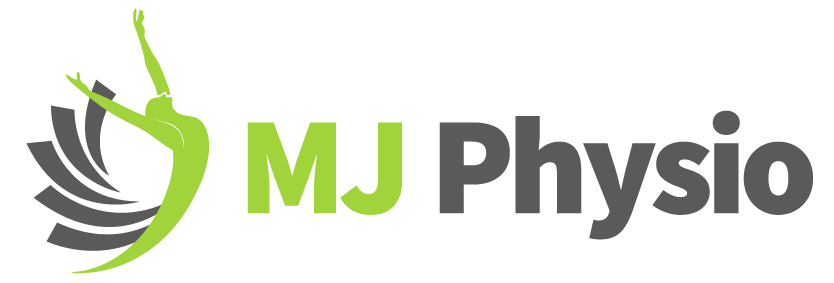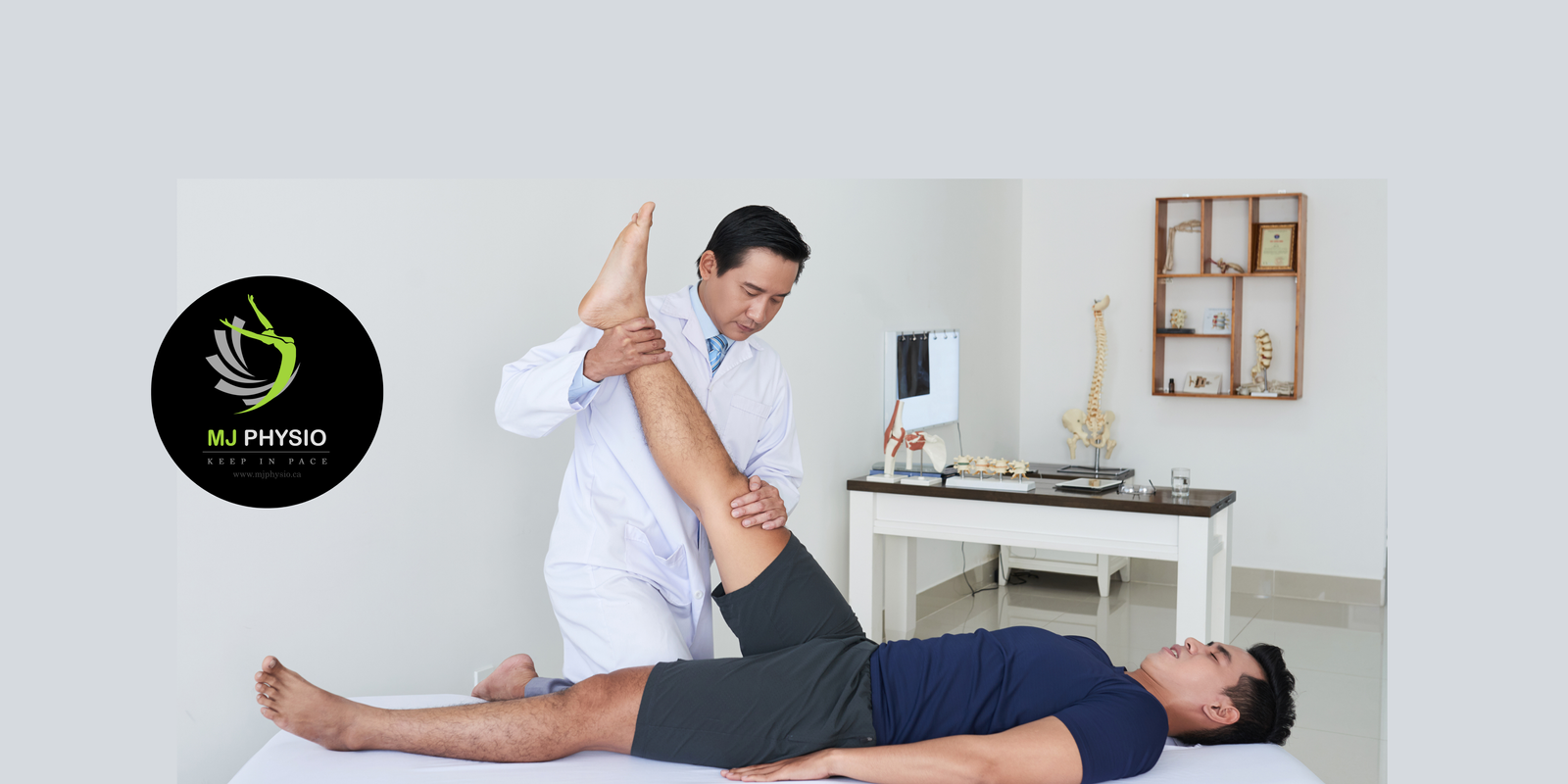Shock wave therapy is an increasingly popular form of treatment for various conditions and injuries. It’s a non-invasive, drug-free technique that uses acoustic waves to stimulate tissue regeneration, reduce pain, and improve mobility. As a form of physiotherapy, shock wave therapy has the potential to help patients with chronic back pain or other musculoskeletal issues. In this blog post, we’ll explore the benefits of shock wave therapy in more detail.
How Does Shock Wave Therapy Work?
Shock wave therapy works by sending high-energy sound waves into the body. These sound waves are transmitted via a handheld device and target the areas of injury or pain in the body. The sound waves then cause microscopic bubbles to form in the tissue, which stimulates blood circulation and helps break down scar tissue and calcifications that may be causing pain or discomfort.
Benefits of Shock Wave Therapy
The primary benefit of shock wave therapy is that it can provide relief from chronic pain without the need for drugs or invasive procedures. It’s also relatively quick and easy to administer—it typically takes only 15 minutes per session—and can be used on both soft tissue injuries as well as bone ailments such as plantar fasciitis or tennis elbow. Additionally, many patients report feeling immediate relief after just one session of shock wave therapy.
In addition to providing relief from chronic pain, shock wave therapy can also help improve range of motion and flexibility, increase muscle strength, accelerate healing time from injuries, reduce inflammation, and improve overall physical performance. Furthermore, since it is non-invasive and drug-free there are fewer side effects than with other treatments such as surgery or prescription medication.
Overall, shock wave therapy offers many potential benefits for people suffering from chronic back pain or other musculoskeletal issues. By stimulating blood circulation and breaking down scar tissue using acoustic waves it can help reduce pain while also improving range of motion and physical performance with relatively few side effects compared to traditional treatments like surgery or prescription medications. If you’re looking for an alternative treatment option for your condition we highly recommend speaking with your physiotherapist about whether shock wave therapy could be right for you!






Post Comments